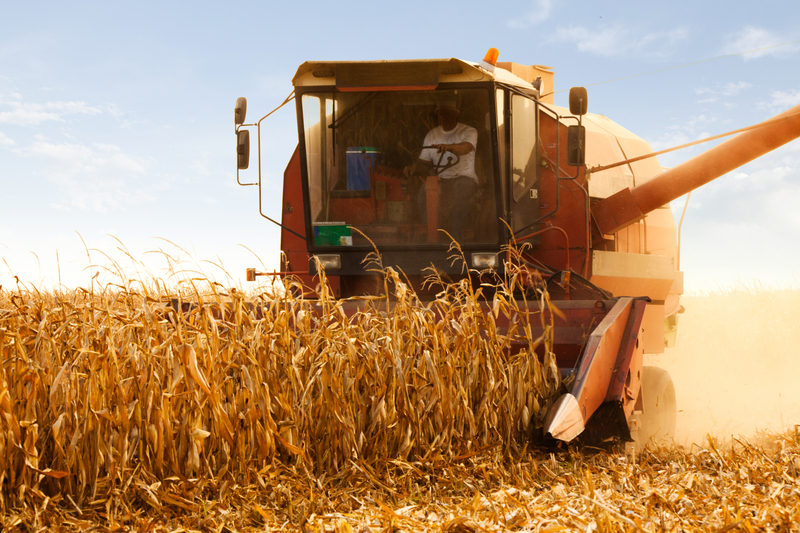Agriculture performs a vital role in delivering sustenance for that expanding world-wide human population. Since the requirement for food improves, farmers encounter the task of increasing crop productivity although guaranteeing sustainable practices. Laboratory Information Management Systems LIMS emerged like a reducing-side remedy that bridges the gap among traditional farming techniques and modern technology. By including LIMS into agricultural operations, farmers can improve data management, optimize useful resource application, and improve overall crop productivity. A Laboratory Information Management System LIMS is a computer software-centered program made to handle and coordinate intricate data related to laboratory procedures and experiments. By including LIMS into farming operations, farmers can successfully path and evaluate crucial information linked to soil quality, seed choice, fertilization, irrigation, and pest control.
Data Centralization and Convenience:
LIMS allows farmers to combine huge amounts of data from numerous resources, for example weather stations, soil sensors, and crop produce data. By centralizing this information, farmers will make well informed judgments depending on real-time data, empowering those to respond swiftly to changing environmental problems and enhance their farming techniques accordingly.

Precision Agriculture:
Precision agriculture is actually a farming method that utilizes data-driven technologies to precisely deal with vegetation, making sure that sources like normal water, fertilizers, and bug sprays are employed precisely where by and when they are essential. LIMS facilitates precision agriculture by supplying data analytics equipment that enable farmers to understand particular crop needs, ultimately causing lessened wastage and improved productivity.
Soil Health Analysis:
Healthier soil is vital for strong crop growth. LIMS makes it possible for farmers to carry out extensive soil tests and analyses, examining factors such as pH levels, nutrient content, and natural and organic issue. Using this type of information, farmers can use personalized fertilization plans, resulting in increased soil health and better crop brings.
Seed Variety and Crop Breeding:
Selecting the most appropriate seeds is vital for effective crop cultivation. LIMS may help farmers monitor and examine data from diverse seed versions, examining their performance in different environmental situations. This data-driven method permits farmers to decide on seeds that happen to be ideal on their particular farming location, ultimately resulting in greater crop productivity.
Pest and Condition Management:
LIMS helps with monitoring pest and condition outbreaks by including data from numerous resources, including far off sensing technologies as well as on-discipline findings. This permits farmers to recognize potential problems very early and put into action specific assistance strategies, decreasing crop losses and improving overall productivity.
Irrigation Management:
Water lack is an important issue for farmers throughout the world. LIMS aids improve irrigation techniques by analyzing data from soil moisture devices and weather forecasts. Through providing information into soil water preservation and evapotranspiration prices, LIMS allows farmers to make use of drinking water efficiently, making sure crops receive enough moisture without wastage and go here.
Compliance and Traceability:
LIMS gives a translucent and traceable report of farming methods, aiding farmers in complying with regulatory demands and certifications. This measure of visibility may also benefit farmers on the market, as shoppers significantly search for products with confirmed sustainability and safety practices.